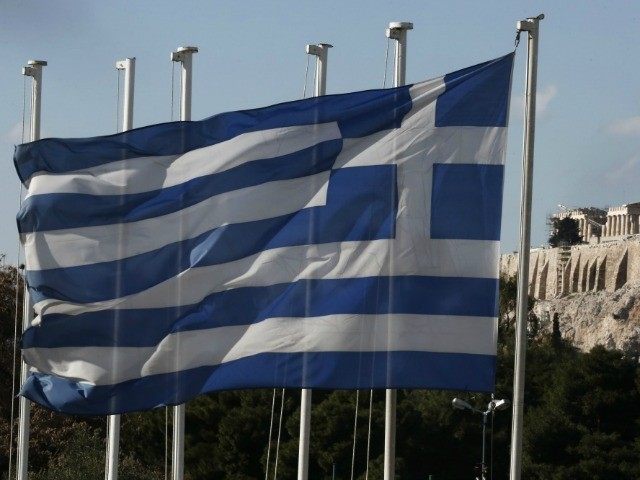Russian Foreign Minister Sergey Lavrov said at a press conference on Wednesday that Russia would consider financial aid to Greece should the circumstances allow, with the caveat that Russia’s economy is not in the greatest state it could be to help bail out anyone else. Lavrov’s comments echo those of the nation’s Finance Minister in January following the election of new Prime Minister Alexis Tsipras.
Lavrov stated that “Russia is not in a very easy financial situation at the moment due to the unilateral illegitimate line of our Western colleagues,” but, nonetheless, “if any appeal from the government of Greece should come, then… it will, of course, be considered.” He also praised the Greek government’s “stance… which understands the complete counter-productivity of attempts to speak this language with Russia,” which appears to refer to sanctions.
The new Greek government consists of the highest ranking members of the Coalition of the Radical Left which, under Tsipras, defeated the center-right New Democracy Party and all but eliminated the center-left party, the Pan-Hellenic Socialist Movement, from Greek politics. Foreign Minister Nikos Kotzias, which was present at the meeting with Lavrov, reciprocated the Russian minister’s kindness by urging listeners not to view any relationship between Greece and Russia “through the prism of Ukraine.”
This is not the first time the new Greek government has rejected an opportunity to condemn Russia’s belligerence in eastern Ukraine, which appeared to have peaked with the invasion and subsequent annexation of the Crimean peninsula. Following the release of a European Union statement condemning Russian meddling in eastern Ukraine, the Greek government vocally claimed they were not consulted in the release of the statement, despite being an EU member nation. The EU responded with a statement in which they noted that the draft was circulated among member nations and Greece did not take its opportunity to protest when given one.
Whether Greece agreed to the resolution or not, their public refusal to be associated with an effort to condemn Russian military actions resulted in a statement mere days later from Russian Finance Minister Anton Siluanov echoing significantly Lavrov’s statement this wee. “We can imagine any situation, so if such petition is submitted to the Russian government, we will definitely consider it,” Siluanov told CNBC, “but will take into account all the factors of our bilateral relationships between Russia and Greece.”
In addition to the friendly gesture, President Vladimir Putin himself invited Tsipras to Moscow to discuss, among other things, the Ukraine crisis and potential for Russia to build gas pipelines in Greece, creating jobs for Greece while opening up new markets for the increasingly distressed Russian economy.

COMMENTS
Please let us know if you're having issues with commenting.